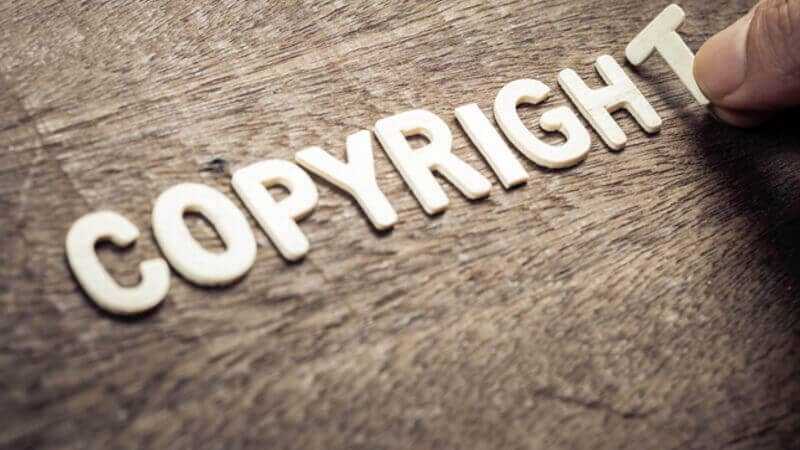The Definition of Copyright

Copyright is defined as an exclusive right to publish, sell or otherwise deal with a written matter be it a book containing any kind of material. The copyright act of 1976 protects any writing after January 1 1978 for the lifetime of the author plus seventy years. If there are two or more authors of a work then the copyright lasts for 70 years from the death of the last remaining author. Anonymous publications however are different. They last for 95 years from the date of publication or 120 years from the date of writing whichever is shorter.
Any works that pre existed the January 1 1978 were originally copyrighted for 28 years with a renewal of that term available. The copyright act extended the renewal period to 47 years making the total term as 75 years. Public law number 105-298 which was written on October 27 1998 extended the term to 67 years, for a total of 95 years.
The availability of any work in the public domain where it is freely accessible to the outside world cannot be copyrighted as it is accessible to anyone. Thus it is freely copy able and distributed by anyone. If a work is protected by a copyright, it is denoted with a small c in a circle or the words copyright is written below it.
The practice of requiring a notice to be published advising people of the copyright is not required by the law as amended on March 1 1989 at the Berne convention. United States along with other countries agreed to follow its guidelines. However works written prior to the date required a written notice or they were considered in the public domain. If a notice is still used after that date it is beneficial to the author as it identifies his or her name, the date of writing and publication, and helps in any judicial matters pertaining to the work.
Copyright Law protects the intellectual property of individuals or a group of individuals, from unscrupulous people who would try and benefit from the hard work and knowledge of others.


